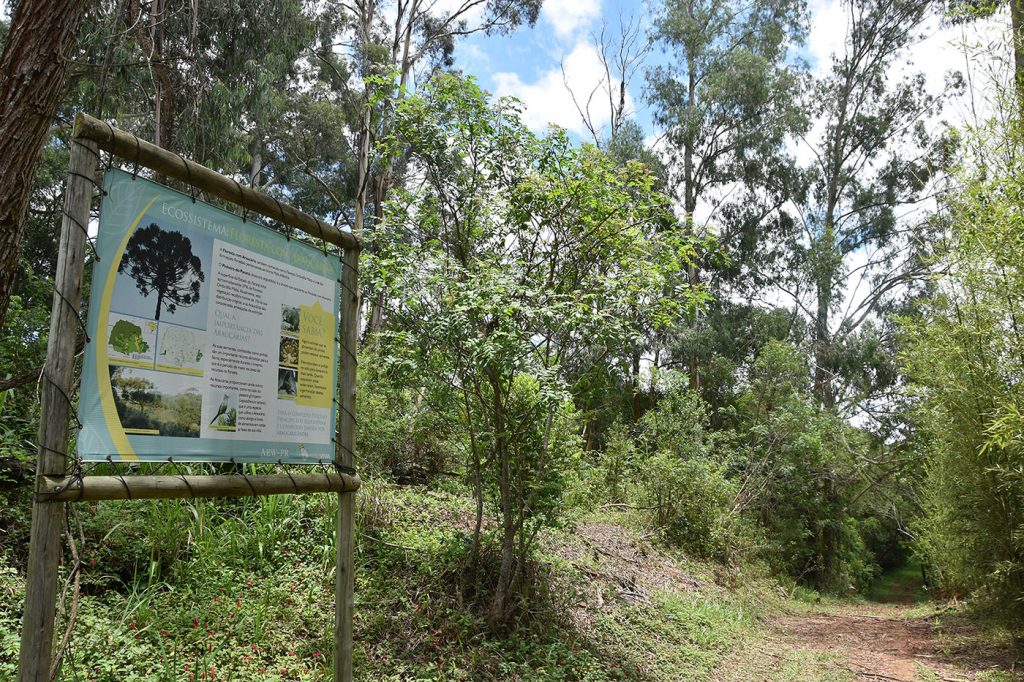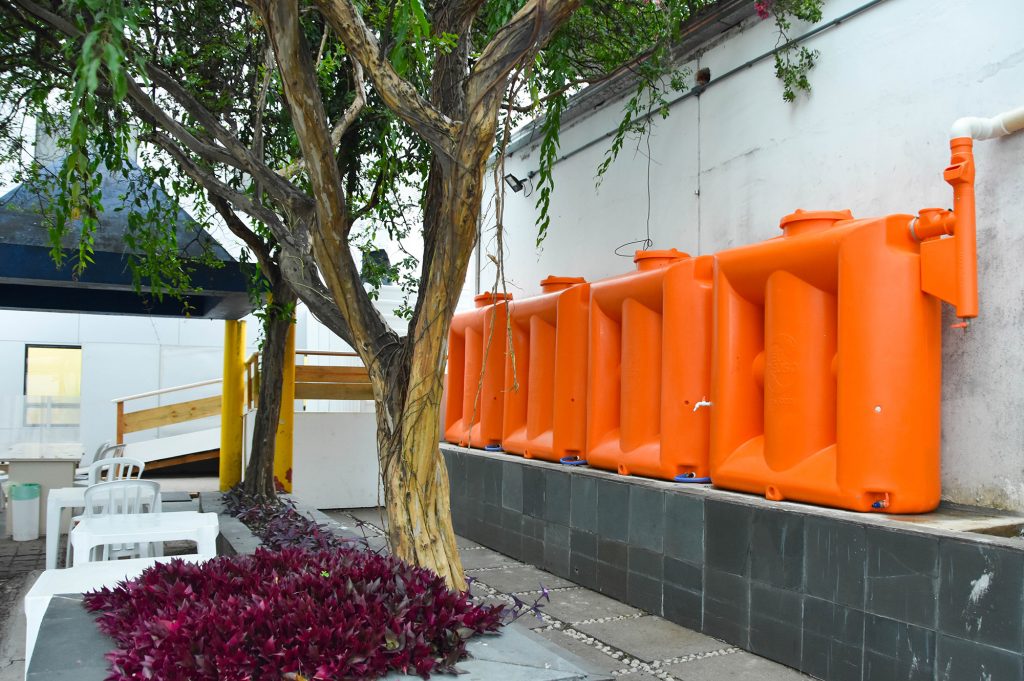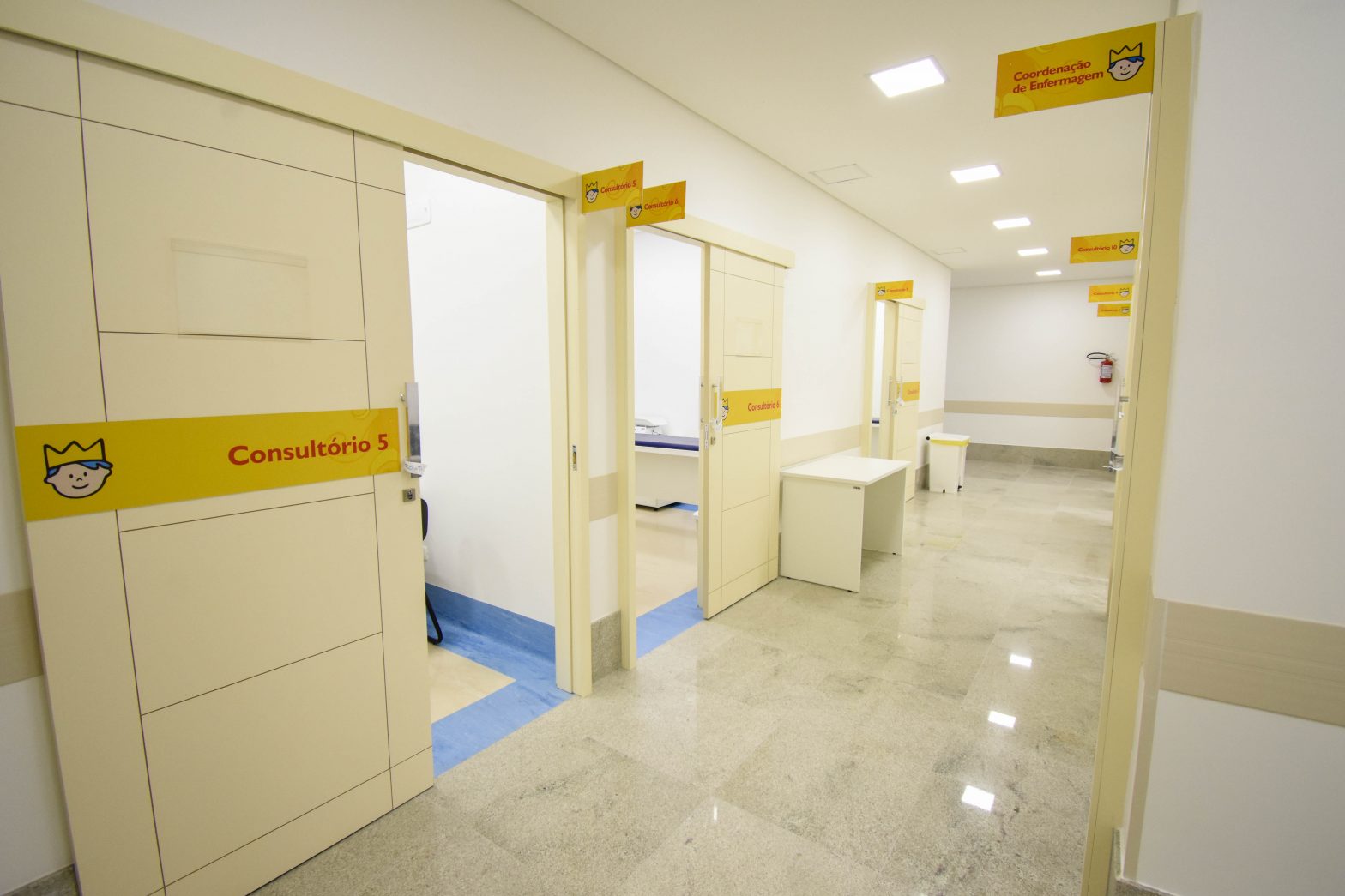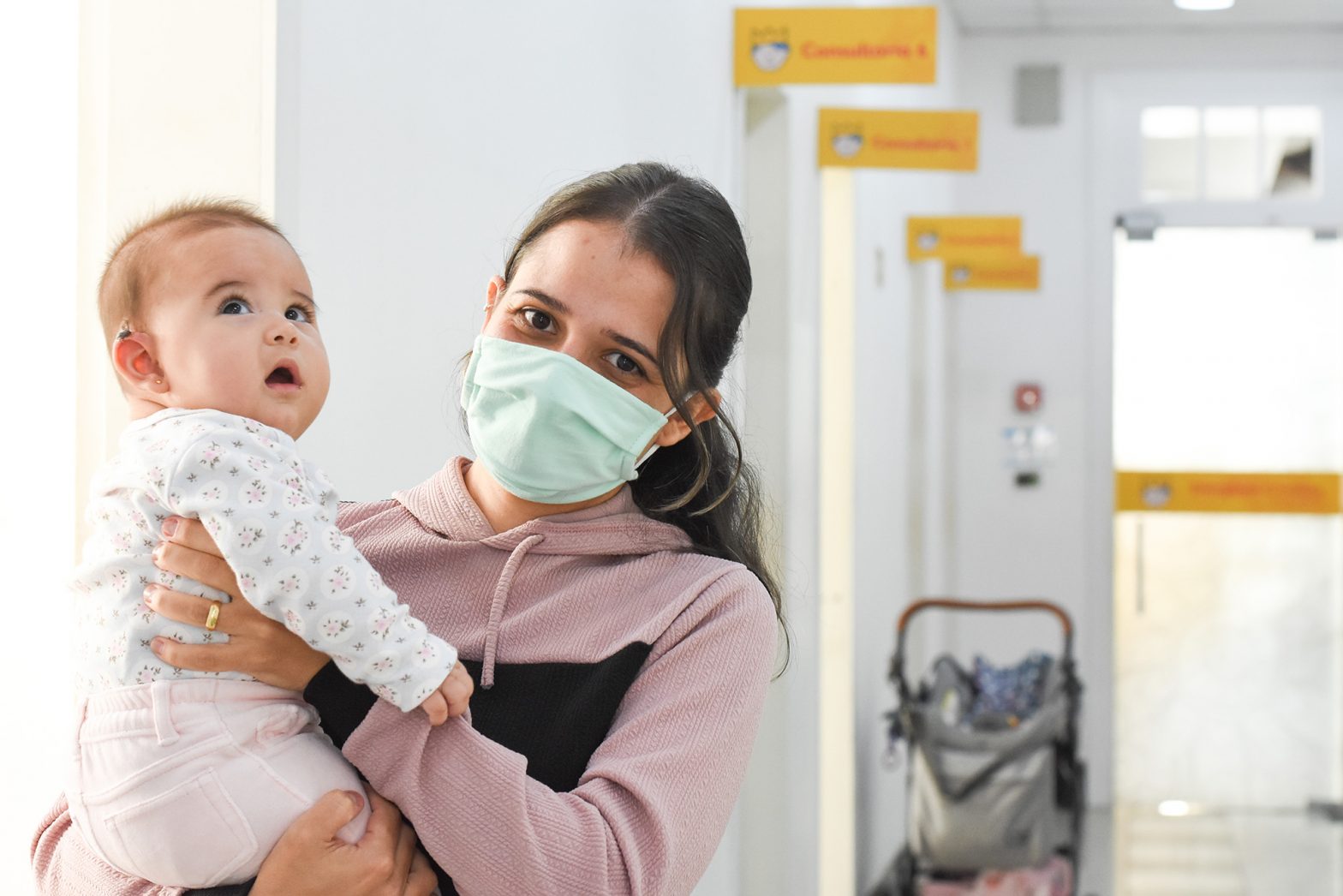Pequeno Príncipe Hospital offsets carbon emissions
The health sector represents 4.4% of the global emissions; Pequeno Príncipe is the second hospital in Brazil to offset its emissions

Pequeno Príncipe Hospital has become the second health institution in Brazil to neutralize the emission of greenhouse gases (GHG), reaffirming its commitment to the ESG principles (environmental, social and governance issues). A partnership signed between the Pequeno Príncipe Complex and the Society for Wildlife Research and Environmental Education (SPVS), celebrating the World Environment Day, on June 5th, will guarantee the compensation of 822 tons of carbon emitted by the Hospital in 2019, the calculation basis for the project.
The initiative will offset carbon emissions through the protection and management of ten hectares of native forests present in the Waters Natural Reserve, maintained by SPVS in the municipality of Antonina, on the Paraná coast. The natural area is part of the Atlantic Forest Great Reserve, the largest continuous remnant of this biome. The project will also contribute to maintaining and increasing local biodiversity and generating other services that are essential to human life.
GHG emissions have been identified as one of the main sources of climate change on the planet – and, according to Health Care Without Harm (HCWH), the health sector represents 4.4% of global emissions. In other words, if the global healthcare sector was a country, it would be the fifth largest polluter of the Earth’s climate. “Much more than offsetting our emissions, we want to make explicit our commitment to the health of the biosphere, as we have a mission to ensure a legacy of sustainable living for our society. We have a very close relationship with health, and conserving nature is a way of guaranteeing quality of life for the present and future generations, and we will do this through this project,” explains José Álvaro da Silva Carneiro, corporate director of the Pequeno Príncipe Complex.
The partnership with SPVS took into account the methodology developed by the institution, which consists of a voluntary compensation standard, without generating marketable carbon credits, and has as its conceptual basis the REDD (Reducing Emissions from Deforestation and Forest Degradation) methodology, the concept of nature production and payment programs for ecosystem services.
To define the size of the area necessary for compensation, SPVS has a method for measuring and monitoring carbon biomass in its nature reserves on the coast of Paraná, which estimated that for every one hectare (ten thousand square meters) of Dense Ombrophilous Forest an average of 152.9tC of carbon is offset. Thus, the offsetting is performed through the protection and high-quality management of native forests that already have a consolidated carbon stock.
For the executive director of SPVS, Clóvis Borges, “the proper understanding of the relationship between human activities and dependence on natural resources is still a challenge for most companies around the world”. “For this reason, pioneer and exemplary partnerships like this one, with the Pequeno Príncipe Complex, show themselves to be vectors of change and generators of models of how to promote future, an example to be followed,” he adds.

Sustainability
The carbon offsetting initiative is part of Pequeno Príncipe’s strategy to value sustainability. In 2013, when the Hospital became mercury-free, it implemented environmental management focusing on reducing energy and water consumption and also waste generation. “But we realized that we needed and could do more. We promote recycling of the Hospital’s organic waste. In 2020 alone there were 14 tons that we transformed into organic fertilizer and used the compost in our tea plantation and in our greenhouse, where we keep native and medicinal plants, some of which are endangered. In Curitiba’s North Region, we take care of an eight-hectare forest, an important urban ‘hot spot’, in the area where we will do our structural expansion,” highlights Carneiro.
The fresh herbs of different species, such as lemongrass, lemon balm, mint, and chamomile, with organic fertilizer, resulting from the recycling of residues from the Hospital’s cafeteria, become 100% natural teas that are served to the patients. The initiative managed to reduce the volume of organic waste disposal to the landfill of Curitiba, which contributes to the reduction of greenhouse gas emissions, and was recognized by the Friend of the Environment Award 2020, granted by the São Paulo State Department of Health.
About the Atlantic Forest Great Reserve
The Atlantic Forest Great Reserve covers a continuous area of two million hectares in the eastern portion of the state of Paraná, entering through the Serra do Mar and coastal plains into the states of Santa Catarina and São Paulo. It is the largest and best preserved remnant of the Atlantic Forest biome in the world, with the presence of top species such as jaguars, tapirs, eagles, as well as endemic species such as the black-faced lion tamarin and the red-tailed parrot.
More
Emergency Room devoted to the Public Health System patients’ assistance is extended with funds from tax benefits
With ten consulting rooms, the area will give more privacy and comfort to patients and health professionals
Rare neurological surgery cures child who had over 100 convulsions a day
The family left Goiânia (state of Goiás) in search for treatment at Pequeno Príncipe Hospital for the little patient








